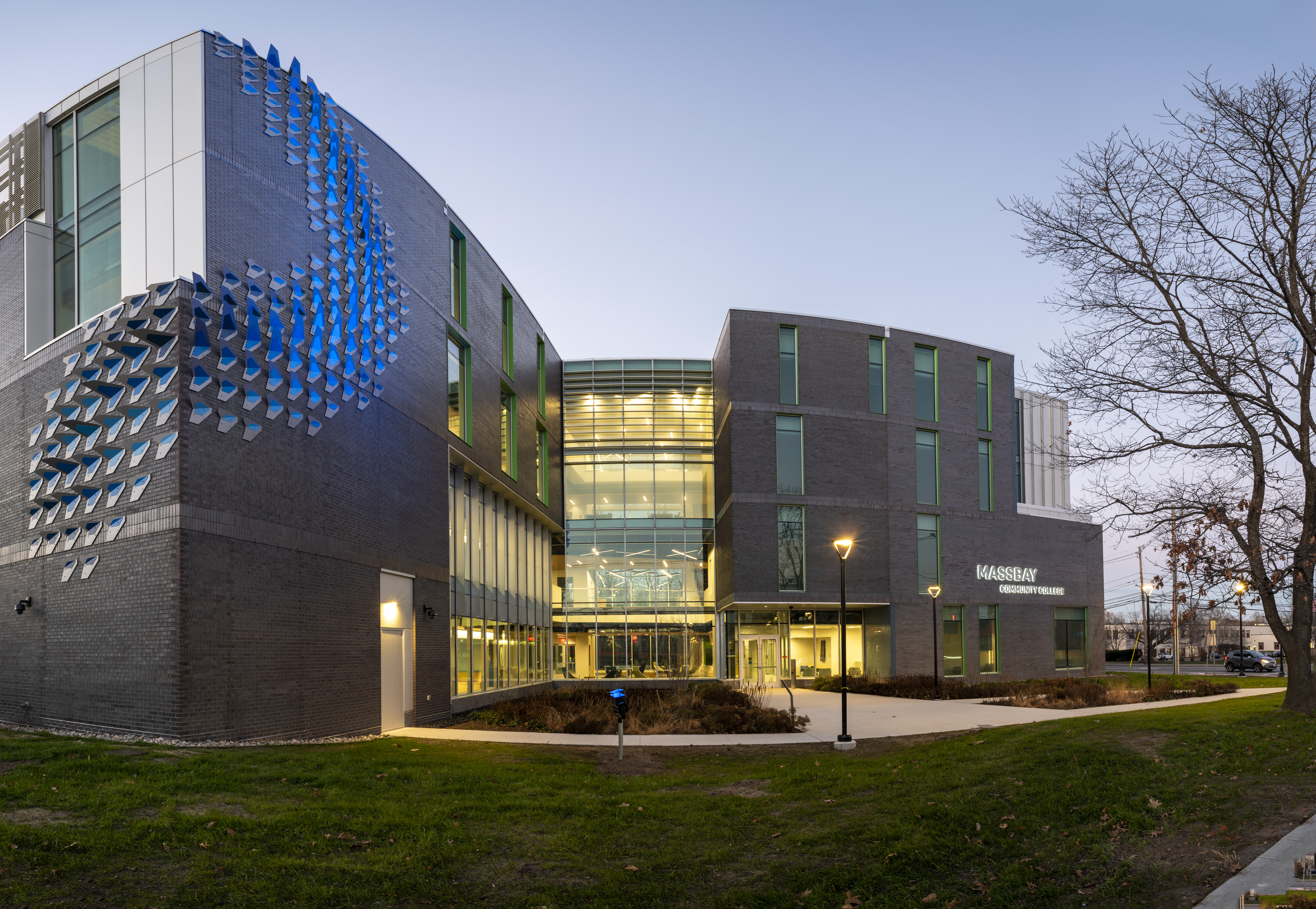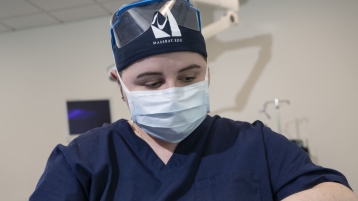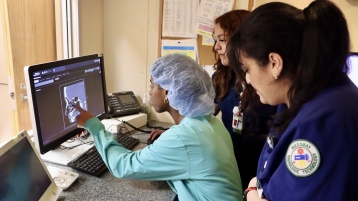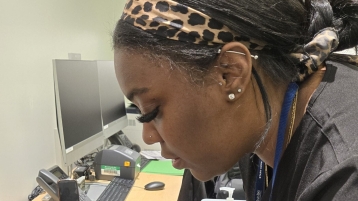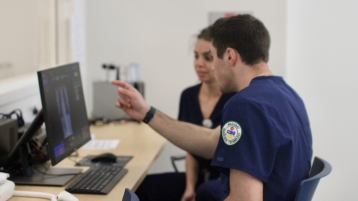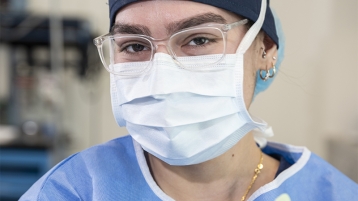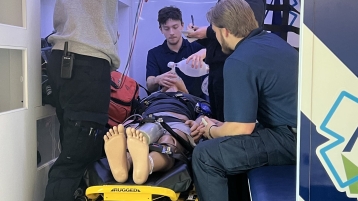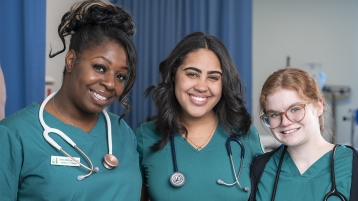Health Sciences
MassBay accredited Health Sciences degree and certificate programs provide the quality, comprehensive education you need for a rewarding career in the health and medical fields. Whether you are new to healthcare or wish to advance in your career, we are here to help you achieve your goals.
